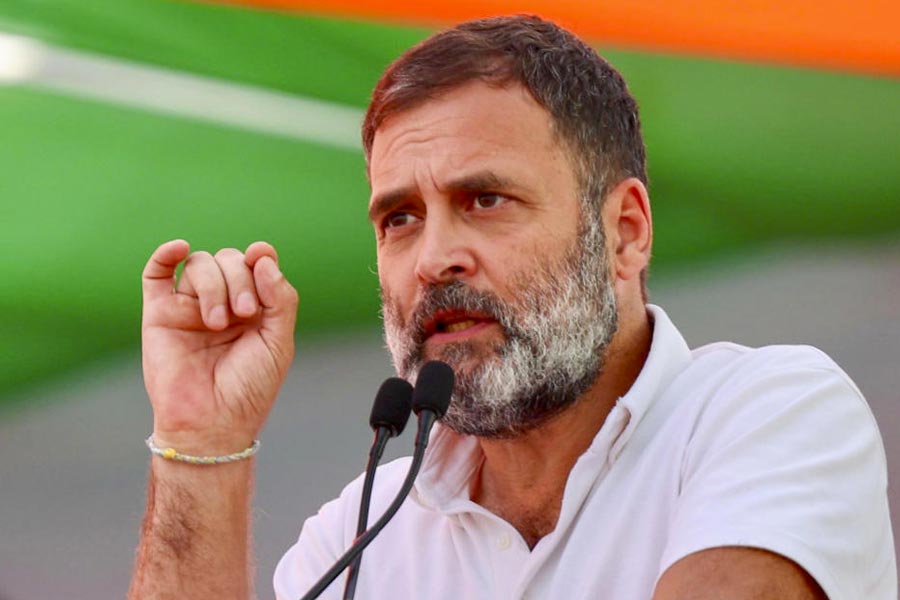India has decided to impose a retaliatory tariff on 29 US products, including almonds, apples, walnuts and pulses, from June 16 — sending out a strong signal ahead of Prime Minister Narendra Modi’s meeting with US President Donald Trump later this month.
The decision follows US commerce secretary Wilbur Ross’s unusually blunt remarks on India on Wednesday.
Ross described India as a “high-tariff market” and urged the Modi government to carry out reforms that will open up the Indian economy and market for American companies.
He asked India to remove the overly restrictive market access barriers for American firms. Ross was addressing a meeting of the US Indian Business Council (USIBC) in Washington.
Officials said India had informed the US about its decision to go ahead with the retaliatory duties.
The government had kept the move in abeyance for nearly a year. The retaliatory tariff against 29 US products worth $240 million were meant to counter a unilateral hike in duties by Washington on India’s steel and aluminium exports.
The increased levies, first proposed in June 2018, have been deferred eight times in view of the trade dialogue between the two countries.
“There will be no further extension of the retaliatory tariffs,” an official aware of the development said.
Prime Minister Modi and President Trump are scheduled to meet on the sidelines of the G20 meeting on June 28-29 at Osaka, Japan. Ahead of the meeting, US secretary of state Mike Pompeo will visit New Delhi on June 25-26 to discuss bilateral issues with his Indian counterpart S. Jaishankar.
Ross is also planning a trip to India to discuss some of the key issues challenging India-US trade ties.
Strong message
“Finally, India has spoken out. It sends out a strong message to the US that we would be negotiating the trade issues as equal partners and would not cow down to pressures. We would take measures and retaliate to safeguard out national interest,” said Biswajit Dhar of Jawaharlal Nehru University.
“The country has waited for a long time... the action of the US to withdraw generalised system of preferences has triggered this move.”
Mukesh Aghi, president & CEO of the US-India Strategic Partnership Forum, told The Telegraph from Washington: “Such measures only hurt consumers and corporate houses. Both sides have to sit together to discuss issues and move forward. Both countries are sending out a message with the timing of their action. India is saying it is not Mexico and wants to be dealt with as an equal partner.”
“The move is unlikely to impact the volume of trade as the items to be placed on higher duties are a small quantum of overall trade. India’s move is only in response to the US action,” Ajay Sahai, director- general and CEO of FIEO, said.
A 12-member panel headed by economist Surjit Bhalla had advised India to reduce tariffs to take advantage of the US-China trade war.










